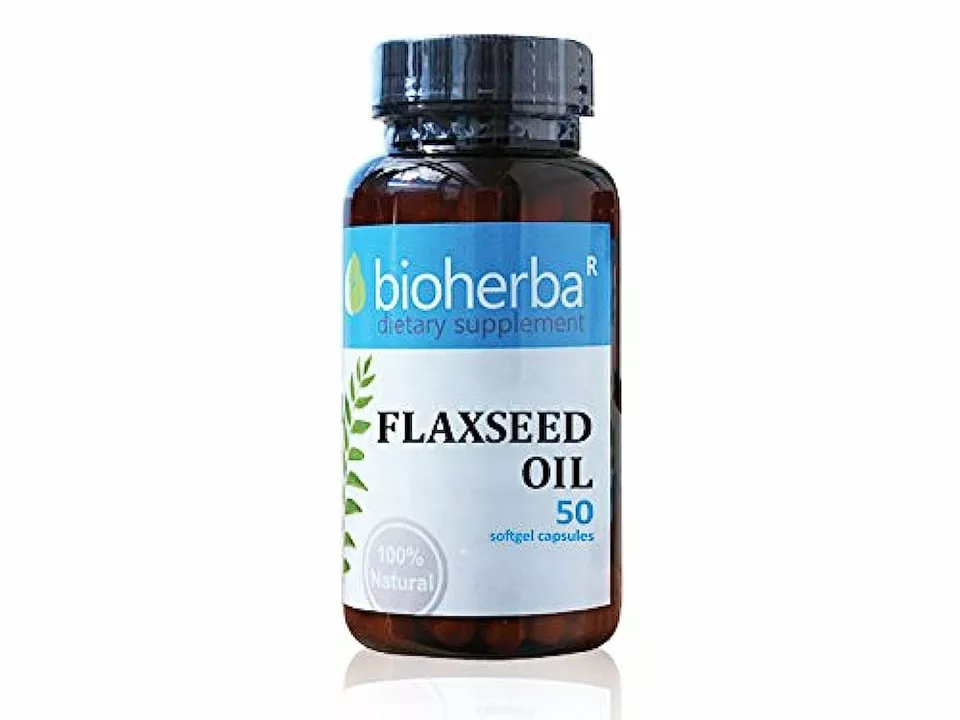Java Tea: What It Helps With and How to Use It Safely
Java tea (Orthosiphon stamineus), also called kidney tea, is a common herb in Southeast Asian traditional medicine. People use it mainly for urinary and kidney support because it acts as a mild diuretic and can help reduce fluid retention. That doesn’t mean it replaces medical care, but it can be a safe, practical option for short-term use when chosen and used correctly.
What it does: Java tea increases urine flow and may help the body clear small kidney stones, support healthy uric acid levels, and ease minor bladder irritation. Some clinical studies and herbal trials from Southeast Asia report measurable diuretic effects and reduced markers of inflammation after short-term use. Think of it as a gentle helper rather than a cure.
How to prepare and dose Java tea
For a simple infusion, steep 1–3 grams (about 1–2 teaspoons) of dried leaves in a cup of hot water for 5–10 minutes. Drink 1–3 cups spread through the day. If you buy a commercial tea blend or extract, follow the maker’s label closely. Extracts are stronger; typical supplement labels recommend lower milligram doses than loose-leaf tea, so don’t assume the same amount applies.
Want a stronger effect? Tinctures and standardized extracts exist, but strength varies a lot between products. Always start with the lowest recommended dose and watch how your body responds. Increase only if you tolerate it well and your clinician agrees.
Safety, side effects, and interactions
Java tea is usually well tolerated. The most common effects are increased urination and occasional stomach upset. Because it lowers fluid and salt levels, it can change how some drugs work. Don’t use Java tea without checking with your doctor if you take prescription diuretics, blood pressure medicines, lithium, or medicines that affect electrolyte balance. Those combinations can cause low blood pressure, dizziness, or electrolyte imbalance.
Avoid Java tea if you are pregnant or breastfeeding unless a healthcare professional says it’s okay. People with advanced kidney disease should not use any herbal diuretic without specialist advice. Also choose products labeled with the Latin name Orthosiphon stamineus to avoid confusion with other “tea” herbs.
Picking a quality product matters. Look for brands that list the plant name, show where the herb was grown, and offer third-party testing for heavy metals and contaminants. Loose-leaf from a reputable supplier is fine for casual use; choose standardized extracts if you want consistent, measurable doses.
If you’re curious about related herbs, we have practical articles on herbal antivirals, green tea catechins, and other supplements that often appear with Java tea in traditional remedies. Try one cup to see how you feel, track any changes, and ask your clinician before turning it into a daily routine.
 12 Jun 2023
12 Jun 2023
I recently came across an incredible dietary supplement called Java Tea, and I just had to share it with you all! This powerful herb, also known as Orthosiphon stamineus, has been used for centuries to improve kidney and liver health, as well as aid in weight loss. Not only that, but Java Tea is packed with antioxidants and anti-inflammatory properties, making it an excellent choice for overall wellness. In my latest blog post, I've put together the ultimate guide to help you unleash the power of Java Tea and reap its amazing benefits. Trust me, you won't want to miss out on this natural health booster!
View More

